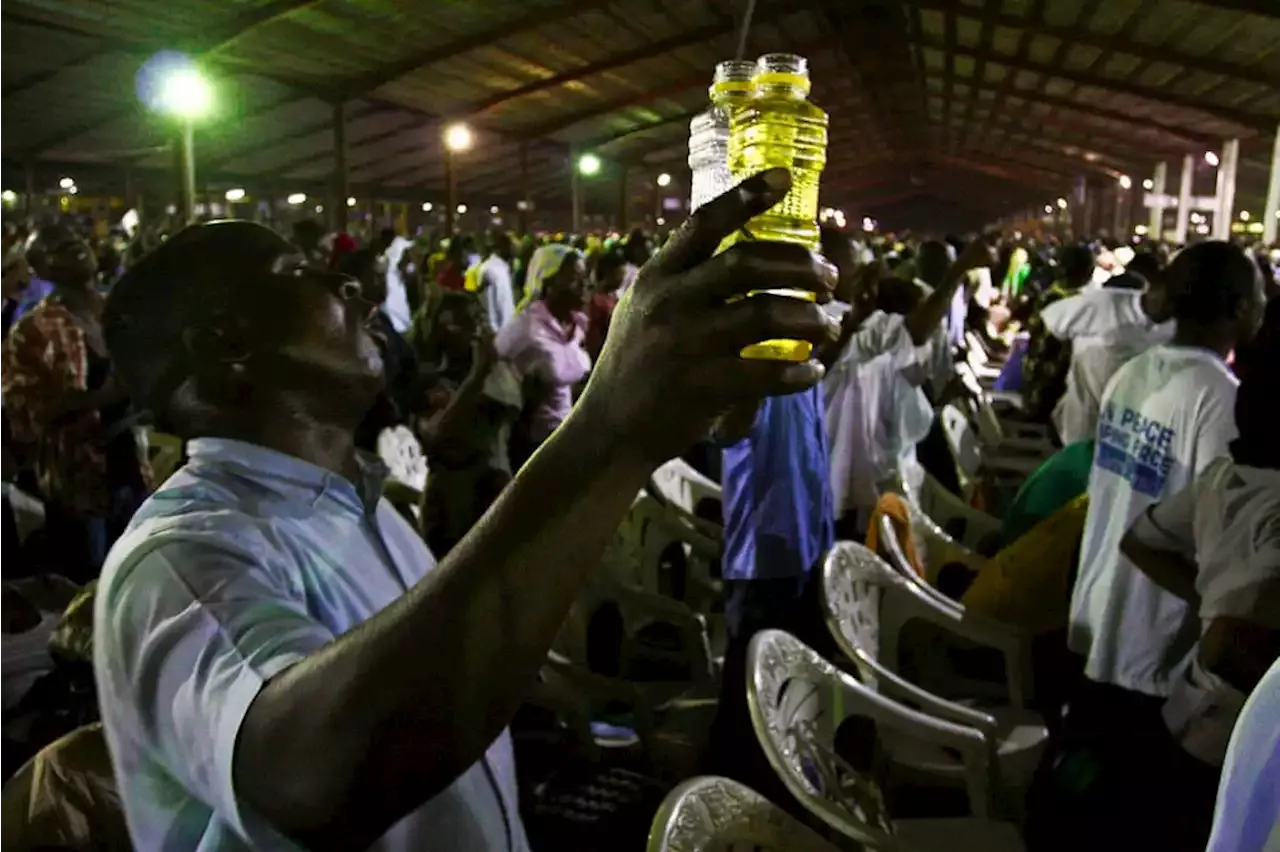Industrial development aspiration of Nigeria may be facing a serious threat. While churches in the United States and United Kingdom are giving way for factories and industries thereby boosting job creation and national economic development, churches in Nigeria are filling the vacuum created by failed factories in the country by turning the premises of such companies into cathedrals where worshippers pray for jobs.
Historically, redundant churches in the UK and US were often demolished or left to their ruins, especially when no alternative use could be found. But now, turning them into a more profitable venture like factories has become a popular alternative. Sadly, due to absence of good economic policies, reliable infrastructure, especially electricity, coupled with multiple taxations, the factories and industries that once created jobs for millions of Nigerians, are dying on regular basis under the watchful eyes of the Nigerian government.
Dunlop Tyre, a brand being managed by different companies across the world, was founded by John Boyd Dunlop in Dublin, Ireland in 1890.
Before it left, Michelin boasted of over 1, 300 workforce, Nigerian and non-Nigerians. In fact, like Dunlop, Michelin Nigeria produced durable tyres, which gave motorists some sense of confidence while driving. The same TCC took over Michelin’s property even as part of its premises became a parking space for its neighbouring Guiness Nigeria Plc at a point.
Unfortunately, the operational premises of Hardel and Enic is currently being occupied by the Pastor Poju Oyemade-founded Covenant Christian Centre that boasts of over 5, 000 congregants. The affected staff were said to be made up of those previously retained to provide skeletal services of running the company’s switches and base stations nationwide after it started its cost cutting measures last year.
Ugo Foam Industries, one of the biggest foam and pillow manufacturers in the country in the past, was situated along Akilo Road, Ikeja, Lagos. The firm, which had branches all over Nigeria, employed over 6, 000 people. In the late 90s, the light of the once prosperous company dimmed. The Guardian learnt that the showroom was up and doing in the 90s until the coming of some Chinese businessmen who flooded the country with cheap Chinese products which made low income persons to divert to their products at the expense of the Japanese products.
In its 2012 report, the Nigerian Chambers of Commerce said that at least 800 companies closed shop in the country between 2009 and 2011 due to harsh business environment. The companies that have survived are also having serious challenges as over half of them were classified as ‘ailing.’ “The manufacturing industry as a whole operates on more than 70 per cent of energy it generates, using electricity generators, and operating these generators greatly increases the cost of manufacturing goods,” he said.
Quoting statistics from the Bureau of Public Enterprises , Ajayi said between 1999 and 2011, a total of 121 firms were privatised or commercialised, with about N250 billion realised from their sales. “The church has also contributed its quota to the GDP of the country. If you check their income and contribution, you will discover that the church has contributed through Diaspora remittance. So, it’s not the churches that killed the businesses but because it’s the only industry that thrives now, they can afford to acquire the property of failed companies,” Yusuf said.
“They have what is called the African Fund. The African fund is a support the Chinese government gives to her citizens who want to invest in any African country. Nigerians do not get this support from our government and the cost of money is too high here.
It is the plan of those in Nigerian government to kill all the companies in the Southern Nigeria. Nothing will work until the Igbos and Yorubas take their land and economic power back from the oppressive people at the helms of the government.
Why have churches not taken over Dangote cement factories, BUA sugar factories, INNOSON motor company, Olam farms etc? Let the companies take over their properties when they are ready for production.
Na today, scaremonger!
If the churches would do better!
They are creating employment opportunities
